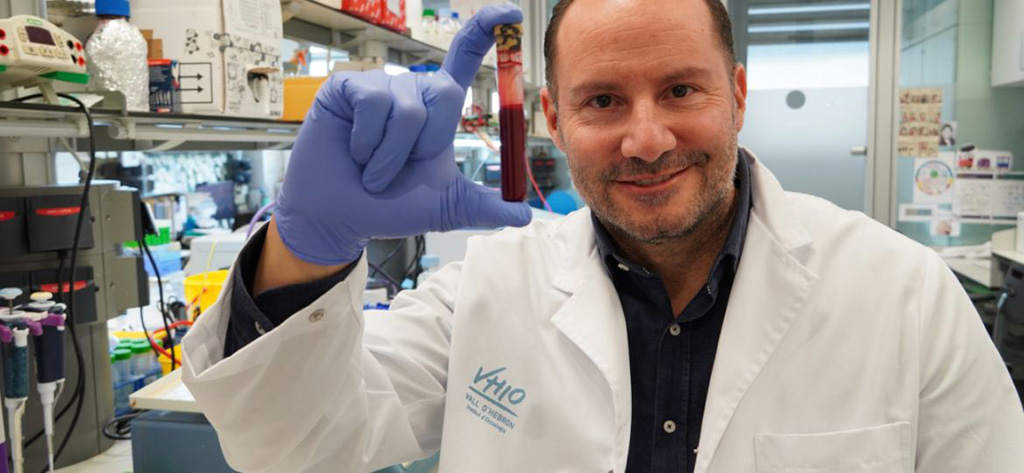New Liquid Biopsy Approach 30% More Sensitive in Detecting Tumor DNA in Blood
Posted on 18 May 2023
Pancreatic cancer ranks as the seventh most common cause of cancer-related deaths globally. Despite a rise in its occurrence, there is a significant deficit in effective treatment options. This leads to a bleak outlook for those diagnosed with this cancer type, with roughly 70% succumbing to the disease within a year following diagnosis. Therefore, understanding the development and diverse nature of pancreatic cancer at the cellular level is vital for pinpointing potential treatment targets. Liquid biopsy is gaining prominence as a non-invasive technique for detecting and monitoring circulating tumor DNA (ctDNA) in the bloodstream, providing valuable information on cancer growth patterns and intra-tumor heterogeneity, which can cause resistance to cancer drugs. A challenge with liquid biopsy, however, is the limited sensitivity of current methods for detecting tumors that do not release substantial DNA into the blood, such as pancreatic cancer. Now, researchers have developed a novel ctDNA-based approach that identifies subclonal copy number alterations in the evolution of pancreatic cancer. This new method, known as ACT-Discover – Aneuploidy in Circulating Tumor DNA (ctDNA), has demonstrated 30% greater sensitivity than conventional methods in patients with advanced pancreatic cancer.
Researchers at the Vall d’Hebron Institute of Oncology’s (VHIO, Barcelona, Spain) incorporated a comprehensive analysis of blood samples, including both germinal DNA and tumor DNA data to develop the innovative liquid biopsy technique. This method can identify ctDNA in an additional 30% of patients with advanced pancreatic cancer, compared to existing techniques. With a focus on improving pancreatic cancer detection, the researchers aimed to design a more sensitive liquid biopsy approach to detect ctDNA in blood and assess genomic and molecular attributes of tumors as they evolve. In a study of 24 patients with end-stage pancreatic cancer, the ACT-Discover technique was employed to track the disease's progression. The results demonstrated that the comprehensive new liquid biopsy method can identify ctDNA in an additional 30% of patients when compared to traditional liquid biopsy methods.

“Being able to access genetic and genomic insights in a non-invasive way, and to do so in series throughout the course of disease, provides valuable information to deliver on the true promise of precision cancer medicine in an increasing number of tumor types, including pancreatic cancer,” said co-corresponding author Manuel Hidalgo.
“Our results underpin the importance of sampling approaches over time and across space in cancer as well as ctDNA-based approaches in tracking tumor evolution. Findings also highlight intra-tumor heterogeneity within advanced pancreatic cancer,” said Rodrigo A. Toledo, co-corresponding author of this present study.
Related Links:
VHIO














